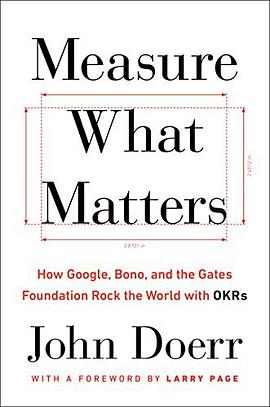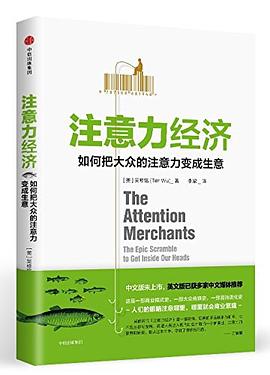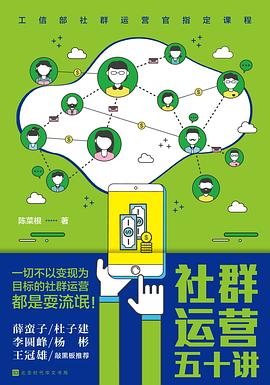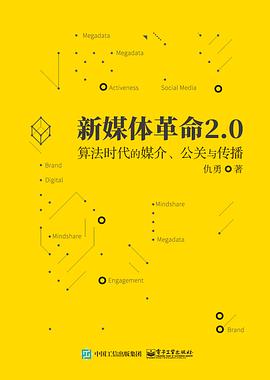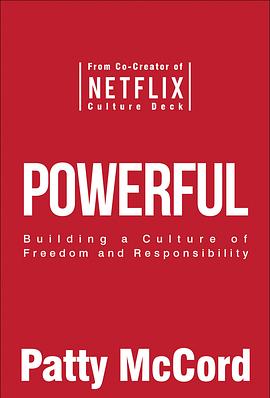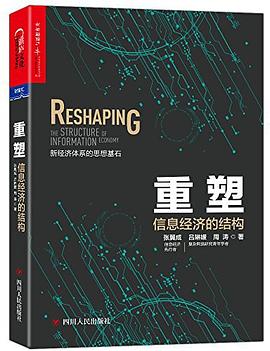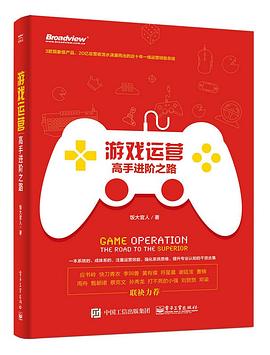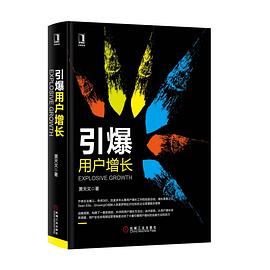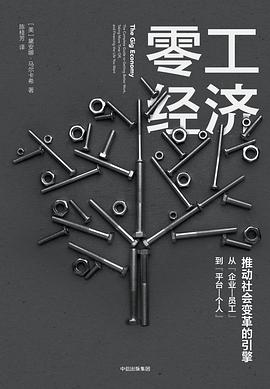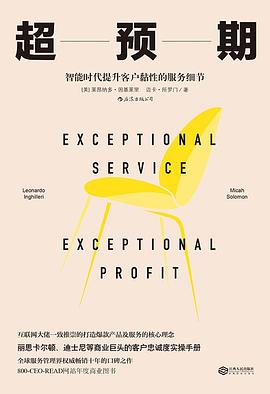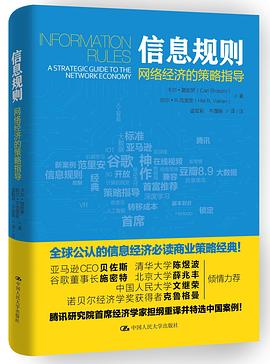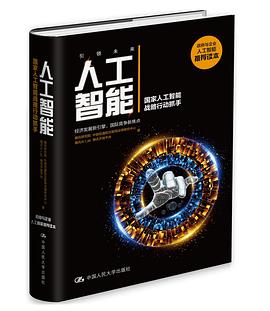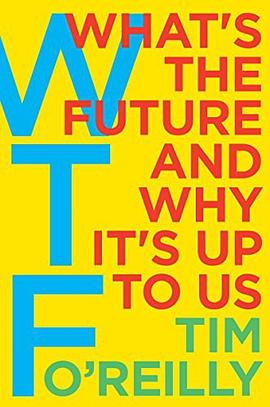
具體描述
John Doerr is the chair of venture capital firm Kleiner Perkins Caufield & Byers, which he joined in 1980. He has invested in some of the world’s most successful entrepreneurs and companies, including Amazon, Google, Intuit, Netscape, and Twitter. Through his investments, he has helped create more than 425,000 jobs.
Kris Duggan is the CEO and cofounder of BetterWorks, which helps progressive companies move toward continuous performance management. A noted thought leader on goal setting and OKRs, he has been featured in the New York Times, the Wall Street Journal, and Fast Company.
In the fall of 1999, John Doerr met with the founders of a start-up he’d just given $11.8 million, the biggest investment of his career. Larry Page and Sergey Brin had amazing technology, entrepreneurial energy, and sky-high ambitions, but no real business plan. For Google to change the world (or even to survive), Page and Brin had to learn how to make tough choices on priorities while keeping their team on track. They’d have to know when to pull the plug on losing propositions, to fail fast. And they needed timely, relevant data to track their progress—to measure what mattered.
Doerr taught them about a proven approach to operating excellence: Objectives and Key Results. He had first discovered OKRs in the 1970s as an engineer at Intel, where Andy Grove (“the greatest manager of his or any era”) drove the best-run company Doerr had ever seen. Later, as a venture capitalist, Doerr shared Grove’s brainchild with more than fifty companies. Wherever the process was faithfully practiced, it worked.
The rest is history. With OKRs as its management foundation, Google has grown from forty employees to more than 70,000—with a market cap exceeding $600 billion.
In the OKR model, objectives define what we seek to achieve; key results are how those top-priority goals will be attained with specific, measurable actions within a set time frame. Everyone’s goals, from entry-level to CEO, are transparent to the entire organization. The benefits are profound. OKRs surface an organization’s most important work. They focus effort and foster coordination. They keep employees on track. They link objectives across silos to unify and strengthen the entire company. Along the way, OKRs enhance workplace satisfaction and boost retention.
In Measure What Matters, Doerr and coauthor Kris Duggan share a broad range of first-person, behind-the-scenes case studies, with narrators including Bono and Bill Gates, to demonstrate the focus, agility, and explosive growth that OKRs have spurred at so many great organizations. This book will help a new generation of leaders capture the same magic.
用戶評價
##這是看的第三本兒將工作方法之類的書吧,真心覺得這種類型的書好難看懂。。。(我覺悟太低瞭)。而且看的時候也好容易走神兒。 我工作之後幾乎都會接觸到類似周報日報這樣的東西,但是貌似這些都是發生在一天的工作之後,且所有的文字記錄都比較敷衍吧。也純粹是為瞭給領導看。...
評分##講的東西很簡單,OKR(Objective and key results)與CFR(Conversations, feedback , recognition)。無論對公司或者個人,設定詳細的目標,以及要達到的關鍵結果(清晰、數字化、可量化,In God we trust, all others bring data),個人的目標要服從於公司的整體目標,勁兒往一處使,推動全公司前進。那如何實現與推進呢?這就要在過程當中,進行不斷的CFR。對於個人,操作手法兒一樣。
評分 評分 評分 評分 評分##暫時沒到這種決策高度,讀起來略無趣,但想到去年看的Make Time,作者剛好就是榖歌Gmail跟YouTube的産品經理,maketime裏的邏輯(尤其是我最受益的highlight)能察覺是齣自OKRs(Short for O bjectives and K ey R esults),足見1999年開始運用這個管理方法的榖歌真心讓其員工都習慣瞭它。對individuals來說,key results的stretch值得反思,focus、aligh、track這三招反而各種self-help書籍都講過瞭。有跳躍,最喜歡YouTube的案例,重時長而非點擊率,斷標題黨的垃圾內容,之前新聞看見去年YouTube premium的訂閱超過各路流媒體,管理層這套方法確實最能導嚮好決定。
評分 評分##framework就那樣。就是裏麵幾個故事講得還是蠻好的。
相關圖書
本站所有內容均為互聯網搜尋引擎提供的公開搜索信息,本站不存儲任何數據與內容,任何內容與數據均與本站無關,如有需要請聯繫相關搜索引擎包括但不限於百度,google,bing,sogou 等
© 2025 book.qciss.net All Rights Reserved. 圖書大百科 版權所有

